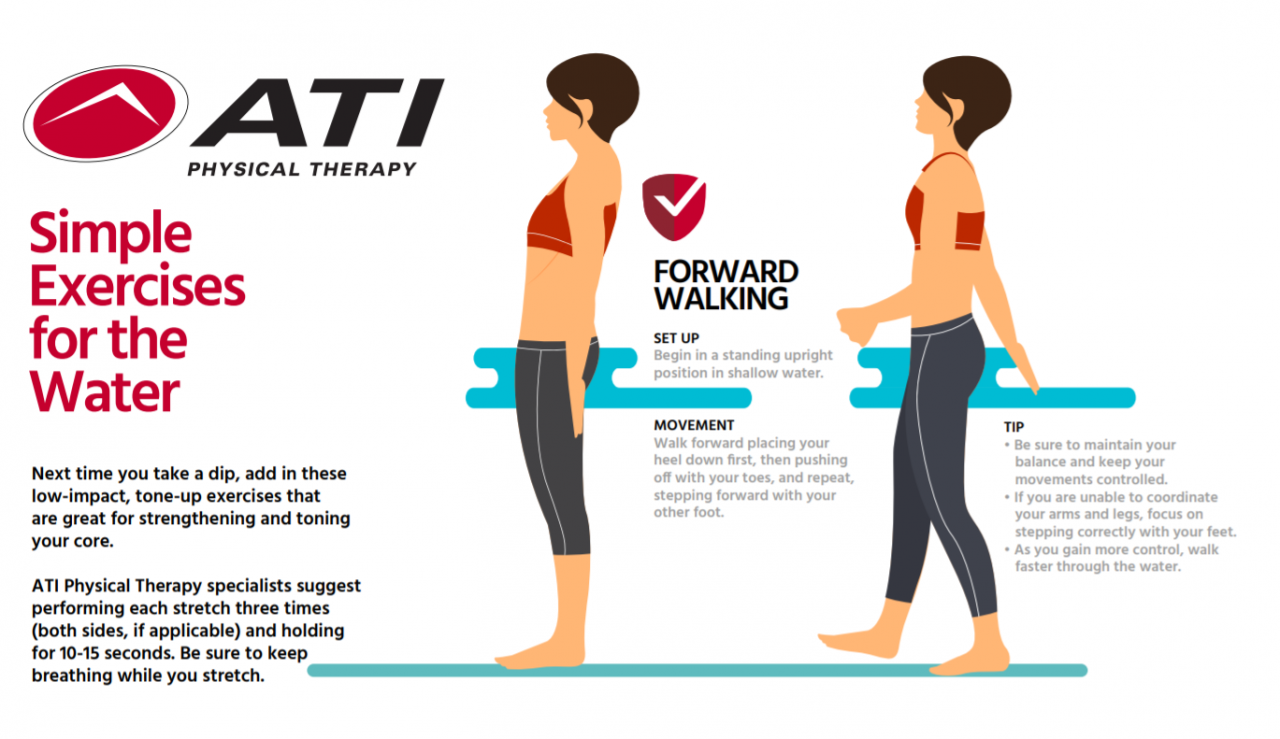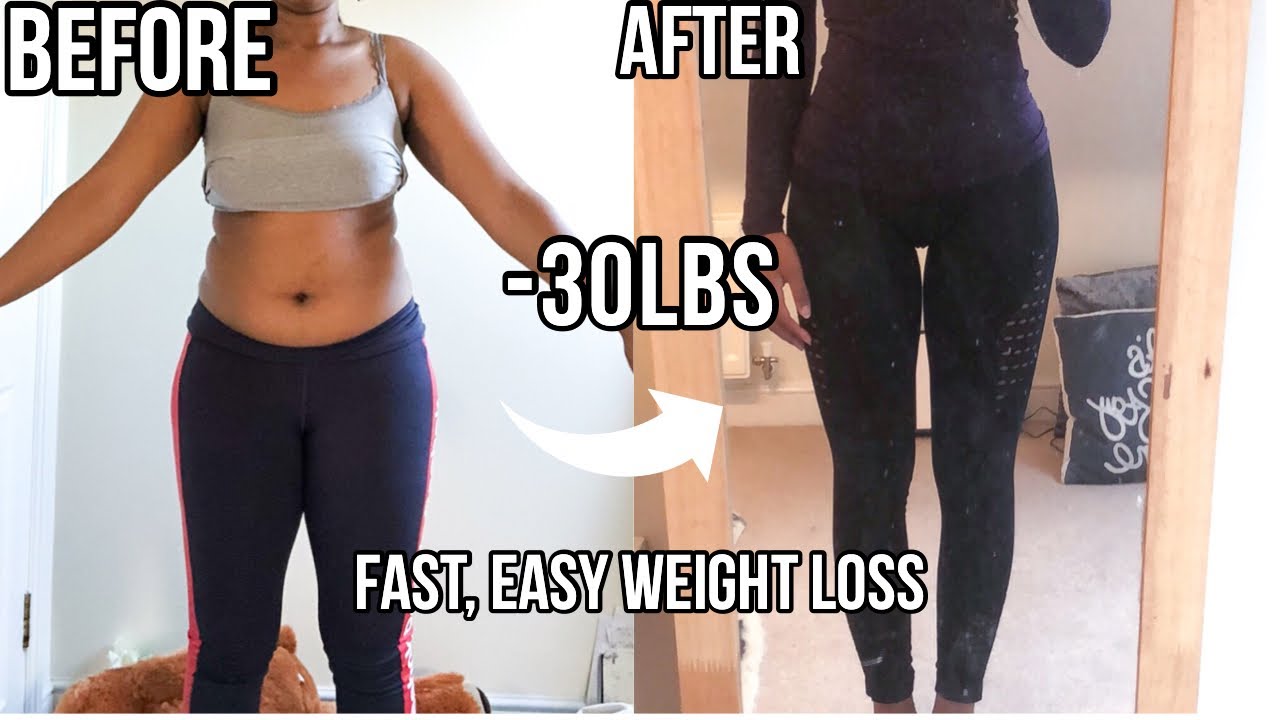
There are many benefits to eating foods that make your stomach feel full, such as helping you feel fuller and reducing the amount of food you eat. These types of foods are great for those trying to control their weight and their overall health. Here are 15 great options for filling food. Satisfaction refers to a psychological state when you feel satisfied. People who are satisfied often feel fuller later in the day.
Eggs
They are easy to prepare and digest, so they don't have a lot of calories. Eggs are full of nutrients and essential vitamins and mineral, such as vitamin B, A and iron. Some people claim to get more nutrients from eggs, but regular eggs are perfectly adequate. Limit your egg intake to one per day. Avoid foods high in cholesterol and saturated fat. The Canada's Food Guide updated has recipes for egg-based meals.
Cottage cheese
Cottage cheese is a great, versatile and healthy food. It's high in B vitamins that help to convert food into fuel. They can also help promote healthy skin and brain cell growth. According to a recent study, cottage cheese also increases the energy level of children. Cottage cheese can be eaten prior to meals to lower the overall calories.

Legumes
Legumes are one of most filling foods that you can eat. Legumes are a staple of many healthy eating plans including the Mediterranean diet and DASH eating plan. They also make up a large portion of vegetarian and vegan diets. They are filling and delicious, and they can help to prevent many diseases. There is a legume for everyone, no matter which type you choose.
Fish
Whole grains, vegetables, and fish are great partners for healthy foods. They offer complementary texture and flavor and nutrients. Quinoa, for example, is a filling and nutritious choice. It's rich in antioxidants as well as dietary fiber and iron. Meanwhile, brown rice offers a wide variety of nutritional benefits. Brown rice is rich in immune-boosting selenium and protein. Vegetables can also be used in seafood dishes as they are light.
Watermelon
The watermelon diet is an excellent option for dieters who are looking for a low-calorie, high-fiber, and healthy way to lose weight. High water content in the fruit helps increase the feeling of fullness and improves the enjoyment of a meal. Watermelon is one of the most filling foods and is considered a healthy food by many people. It has five per cent of your daily recommended fiber. This slows down digestion, promotes satisfaction, and increases appetite.
Beans
Beans are a great food choice if you're trying to lose weight. They are rich in fiber as well as plant-based protein. One half cup of cooked beans will provide you with 8 grams of protein and nine grams of fiber. Although black beans are most popular for their high levels of fiber and protein, many other types of beans also have similar nutritional content. Lentils, which are part the pulse family, contain a lot fiber and plant-based proteins. Lentils are excellent fillers, due to their low energy content.

Broccoli
Most children don't like broccoli. However, it can be very filling and nutritious for adults. The slightly bitter taste can make broccoli difficult to eat for children. But, broccoli can be an excellent food for adults. Broccoli can be cooked or raw and has many nutritional benefits that make it a great addition for any meal plan.
Avocado
Avocados in salads and breakfast meals can make you feel fuller for longer and prevent snacking later. A study has shown that avocados can help reduce blood pressure as well as waist circumference. These are two indicators that you may be at risk for metabolic syndrome. Avocados are rich in fiber. They can help you feel fuller longer and regulate your blood sugar. Avocados are not only nutritious but also rich in phytochemicals and antioxidants.
FAQ
Are cardio exercises a good way to lose weight quickly?
Cardio exercises are great for burning calories and helping you lose weight. It all depends on how many calories you've stored and what type exercise you do.
Cardio exercises may not work if you are obese.
You should combine them with dieting or other types exercise.
For instance, if you want to lose weight fast, you should perform cardio exercises like jogging or running. These cardio exercises burn more calories than any other type of exercise.
However, resistance training is required if you wish to build muscles and not lose weight. Resistance training can be done without the use of machines, weights, bands, elastic band, etc.
Combine cardio exercises and resistance training to quickly lose weight.
You need to combine cardio and resistance training in order to lose weight quickly.
How long should I fast intermittently to lose weight
The answer is not as simple as you might think. There are many factors that need to be taken into consideration when deciding how many days of fasting is necessary for optimal fat loss. These include:
-
Your age. For example, if you're young (under 40), intermittent fasting may be too difficult for you because you have less time to recover from each day's fast. Alternately, if your age is over 60, intermittent fasting might prove too challenging because you may not have enough energy to last for extended periods of time.
-
Your current body composition. A longer period of fasting is more beneficial for those with a lot of muscle mass. For those with less muscle mass, however, you may be able to benefit from shorter fasting times.
-
How physically active. To ensure adequate rest between workouts, you might need to extend your fasting period if you exercise frequently.
-
Your past health history. Patients with certain medical conditions, such as heart disease, diabetes, or cancer, may need additional fasting monitoring.
-
How can you manage stress? Stressful situations often cause us to eat more. To avoid this, you might want to increase the lengths of your fasting window.
-
Your diet. Certain diets, like ketogenic diets, may require even longer fasting periods.
-
The quality of sleep you receive. Also, a lack of sleep has been linked with increased appetites and decreased metabolism. It may take some trial and error before you find the right combination.
-
The amount you eat of protein. Consuming more protein helps to stabilize blood sugar levels. This could lead to lower insulin levels. This would allow you to fast for longer periods of time.
-
Individuals who are trying lose or gain weight will require longer fasting times than those who are trying.
-
How many calories did you consume during your fasting period? Fasting for fewer calories per days may lead to greater fat loss than fasting with more calories.
-
Your fitness level. Faster people are more likely to be fit, and burn more calories during the day.
-
Your gender. Men have greater appetites than women and may need to fast longer. Women may only fast for 20-30 mins each morning because they have a smaller appetite.
-
Your lifestyle. Do you get enough physical activity? Do you work out several times a week? Does your job involve sitting at a desk all day long? These factors could affect how much you should fast.
-
What amount do you spend on food each month? Healthy eating doesn't mean you have to spend a lot on groceries. You can save money by buying whole grains instead of white bread, fruits instead of candy bars, and lean meats instead of fatty cuts.
-
It is vital that you control your hunger. You don't have to skip meals if you don’t want to.
What's the difference between intermittent fasting versus calorie restriction
Calorie restriction is when you eat less than your body needs. Intermittent fasting is different because it doesn't involve restricting calories. Instead, the emphasis is on eating fewer calories each day.
Intermittent fasting allows you to indulge in foods that you love while feeling guilt-free.
Both methods have their merits and weaknesses. You will need to decide which method is best for you.
What amount of exercise is necessary to lose weight?
The amount of exercise needed for weight loss depends on several factors, including age, gender, body type, and how much you weigh. Most people require at most 30 minutes of moderate physical activity five times per week.
The American College of Sports Medicine recommends that you do 150 minutes of moderate intensity aerobic activity per week. This should be spread over three days.
For example, if you want to lose 10 pounds, aim to do 300 minutes of moderate-intensity exercise each week. You can do this by walking fast, swimming laps or biking, as well as playing tennis, golfing and hiking, or jogging, running or other similar activities.
Start out with 20 minutes of vigorous physical activity three times weekly if you're just getting started. It could be sprinting, lifting weights, jumping rope or fast walking.
Aerobic exercise helps to build muscle mass and burn calories. Muscle burns more calories per calorie than fat. Building muscle and losing weight can help you reach your goals faster.
Statistics
- Another study found that 24 weeks of weight training led to a 9% increase in metabolic rate among men, which equated to burning approximately 140 more calories per day. (healthline.com)
- According to Harvard Health, it's estimated that a 155-pound (70-kg) person burns roughly 112 calories per 30 minutes of weight training (5). (healthline.com)
- According to a study sponsored by the American Council on Exercise, a person weighing around 140 pounds (64 kg) would burn 108 calories at a 30-minute beginner's Pilates class or 168 calories at an advanced class of the same duration (26). (healthline.com)
- One study in 9 active men found that HIIT burned 25–30% more calories per minute than other types of exercises, including weight training, cycling, and running on a treadmill (18Trusted Source (healthline.com)
External Links
How To
How can you lose belly fat quickly?
You need to realize that losing belly fat can be difficult. It takes effort and dedication. However, these tips will ensure you see results.
-
Healthy Food Eating healthy food is very important. Make sure you eat whole foods, fruits, vegetables.
-
Drink Water. Water is good for you. It keeps your body hydrated so that you feel satisfied and full for longer periods. Keep hydrated every day.
-
Do Cardio Exercises. Cardio exercises are great for building muscle mass and helping you burn more calories. They also improve your heart health and boost metabolism. Do 30 minutes of cardio exercise each day.
-
Get enough sleep. Good health is dependent on sleep. Lack of sleep causes stress and anxiety, which leads to unhealthy habits like overeating and smoking.
-
Reduce stress levels. Stress has a profound effect on brain chemistry as well as hormonal levels. Cortisol is a hormone that causes stress to increase hunger pangs and increases cravings for high-calorie food.
-
Take regular breaks. Take regular breaks throughout the day. Go outside and walk around or take a short nap. This gives your body and mind time to relax.
-
Avoid Alcohol Consumption. Alcohol contains empty calories and slows down digestion. Alcohol should be avoided if you're looking to lose belly-fat.
-
Have fun